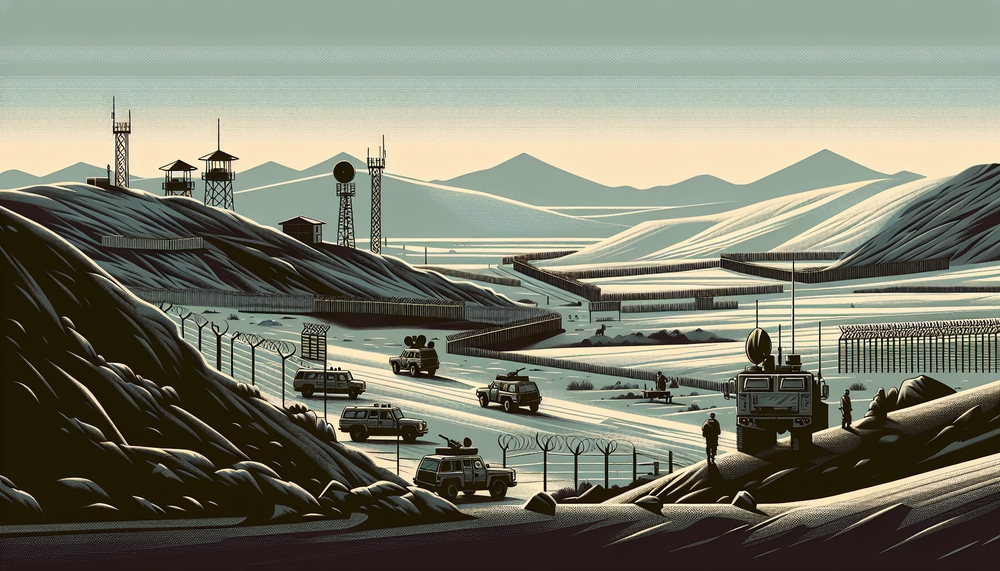Short Wars over Prolonged Conflicts: A Geopolitical Necessity
Published
- 3 min read

Historical Context of Israel-Iran Conflict
The relationship between Israel and Iran has transformed dramatically over the decades, with the 1979 Islamic revolution in Iran marking a pivotal turning point. Prior to this, the two nations experienced a period of diplomatic cooperation and mutual recognition. However, post-revolution, Iran’s newly established Islamic regime severed ties with Israel, setting the stage for a prolonged adversarial stance. The ideological shift and Tehran’s vehement opposition to Israel have fueled tensions for decades, underpinning the strategic motivations to avoid prolonged military conflicts by 2025.
Strategic Calculations Preventing Extended War
Both Israel and Iran have strategic imperatives that dissuade them from seeking prolonged engagements. Israel boasts advanced military capabilities, including superior air power and cutting-edge technology; however, its strategy hinges on rapid and decisive military actions. Conversely, Iran’s military strategy is more defensive, reflecting its economic strains and strategic vulnerabilities. Tehran’s economic capacity is limited, and engaging Israel in an extended conflict could exacerbate these vulnerabilities, compelling both nations to prioritize a swift resolution.
U.S. Involvement: A Catalyst and Constraint
The United States plays a dual role as both a catalyst and constraint in the 2025 conflict between Israel and Iran. For Israel, the U.S. is a crucial ally, providing military aid and strategic support that bolster its defense capabilities. However, America’s geopolitical focus extends further, balancing the need to conserve resources for potential confrontations with major powers like Russia or China. This emphasis on resource management limits the scope of U.S.-backed operations, reinforcing the strategic necessity for a shorter engagement.
Economic Implications of Prolonged Warfare
The economic ramifications of sustained conflict are a major deterrent for both nations. For Israel, prolonged military engagement can strain the economy, affecting sectors crucial for post-conflict recovery. Iran, heavily reliant on oil exports, faces significant economic pressures that are exacerbated by extended military endeavors. Potential economic crises and the substantial cost of warfare underscore the urgency for both nations to seek peace swiftly and ensure economic stability.
Domestic and Regional Concerns as Drivers for Resolution
Domestic and regional factors significantly influence the decision-making processes in Israel and Iran. In Israel, public opinion and war fatigue are formidable pressures, alongside concerns for the safety of Jewish communities within Iran. Meanwhile, Iran grapples with internal dissent fueled by economic adversity and the threat of uprisings. These domestic pressures, combined with overarching regional dynamics, drive both nations toward seeking a resolution to the conflict.
Lessons and Insights for Future Conflict Management
The 2025 conflict between Israel and Iran offers crucial lessons for future geopolitical strategies. It demonstrates the importance of short, tactical engagements, leveraging military might and diplomatic channels to prevent extended warfare. Future conflict management must focus on minimizing economic and human costs while achieving strategic objectives. By tailoring both military and diplomatic strategies, nations can efficiently navigate the complexities of geopolitical conflicts, aligning international efforts towards sustainable peace and security.
